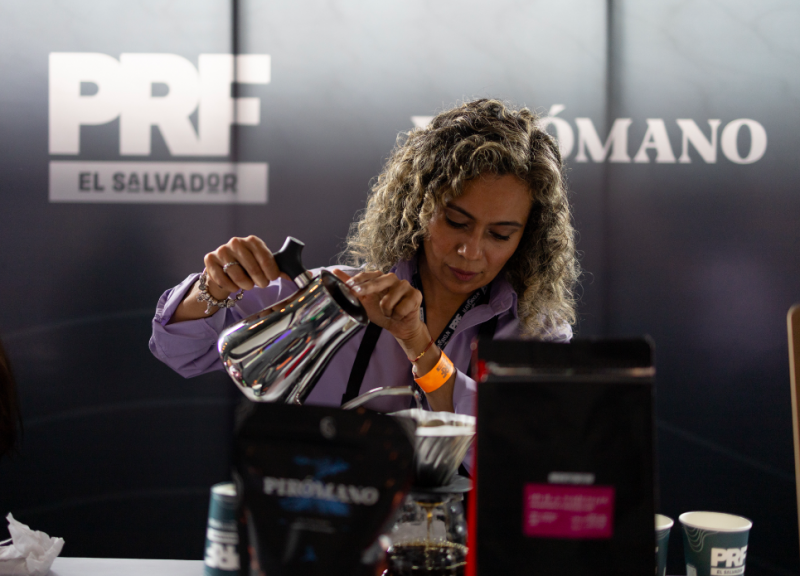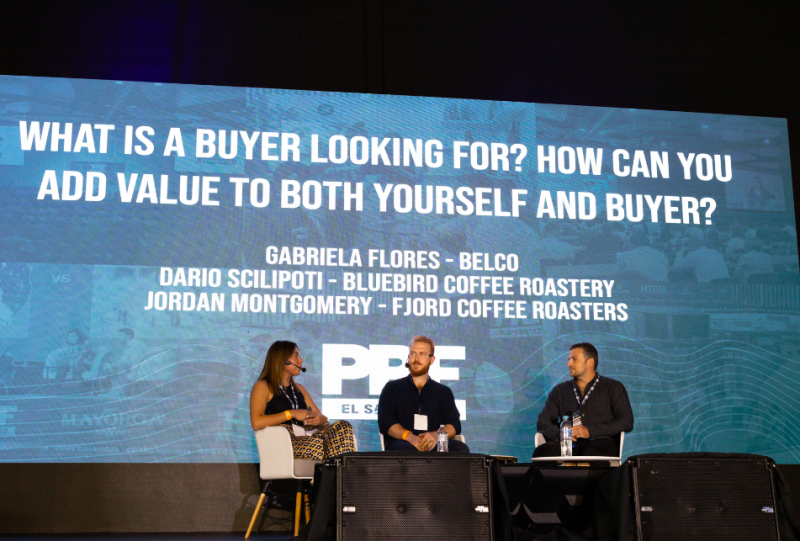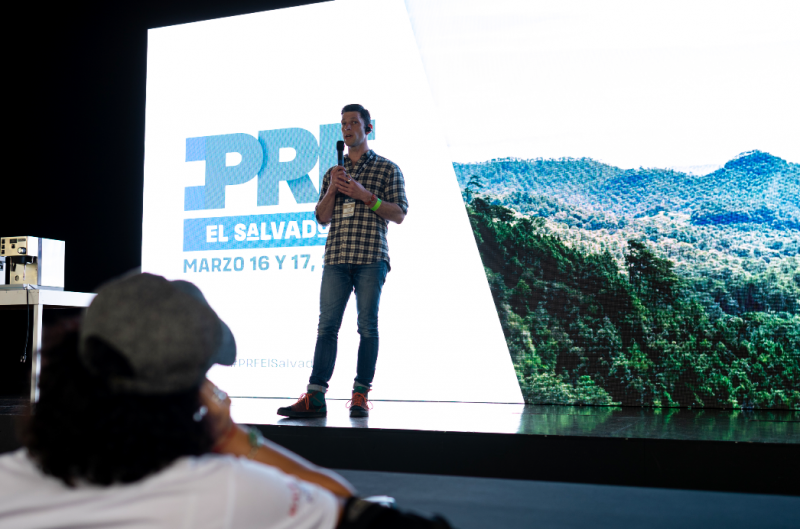Words and images by Kate Burnett
The coffee supply chain. This conjures many different images for each of us coffee drinkers: the slick café in East Berlin, the polished roastery in Scandinavia, the farmer in a sun-bathed field in northern Colombia or the wash-station owner in Burundi, there are lots of different images, impressions and subsequent value judgements of the way specialty coffee is traded.
Every step of the way, the person handling your precious coffee beans has an impact on the quality of your morning filter. The farmer must choose seeds and grow an exceptional crop, the wash-station must carry out appropriate processes and package the coffee securely, the green coffee buyer must ensure safe and controlled transportation of the produce – and that’s before your coffee even reaches the roastery, never mind the machine at your favourite café.
This not only makes that brown liquid at the bottom of your mug a miracle-before-your-eyes, but begs the question: how do all these chain links communicate? How do they communicate the nuances of each of their roles? Across oceans, language barriers and skill discrepancies – conversation quickly becomes a mammoth task.
Most green coffee buyers and consumers are on the other side of the world to their coffee producing counterparts. Logistics and communication are a full-time job when you’re sourcing coffee and subtlety often gets lost in translation. In specialty coffee especially, nuance and subtlety are key aspects of the value being presented to the final consumer.
How does a roaster explain to a farmer across the world the details of their roast approach and how does a farmer explain to a roaster across the world the intricacies of a harvest?
When trading in high-volume commodity coffee, the story matters less because the coffee sells itself on price. In specialty coffee, roasteries need to give their customer more, a feeling of connection to the producer of this artisanal, luxury product and the story of the coffee at every single stage.

Without the producer and roaster fully understanding each other, there’s not much we can do to push specialty coffee forward. But more than that, there’s not much we can do to push those who work in specialty coffee forward. How does one make a product better when the entire process isn’t understood and isn’t in their hands?
In 2016, the first Producer Roaster Forum was held. Guided by the vision of the team at Perfect Daily Grind (the largest specialty coffee and coffee news publication in the world), the Producer Roaster Forum began. The mission statement? Get producers and buyers together and get them talking.
In 2016 roasters, producers, farmers, trading companies and coffee professionals came from all around the world to speak in El Salvador. Topics like how producers can build relationships with roasters, advancements in specialty coffee technology, how producers and roasters create value for each other and innovative solutions for sustainability were covered and discussed. Since 2016, PRF has hosted events in Guatemala, Brazil, Colombia and Honduras – with each forum bigger than the next.
In 2023 I had the privilege of being at PRF El Salvador, accompanying Dario Scilipoti from Bluebird Coffee Roastery who spoke on a panel. The event was divided between 4 buildings – the exhibition hall, the cupping room, the lecture hall and the workshop room. Talks and panels were being held from 8am to 5pm for the entire three-day conference, workshops were being run equally as intensively, and cuppings were being held around the clock for producers to present their coffees to buyers. The exhibition hall boasted stands from green coffee trading companies, packaging companies, local roasteries and multiple brewing stations.

PRF is centered around the people of the specialty coffee supply chain. This is evident immediately. The generosity of the PRF team cannot be overstated and the passion behind the event is what makes it as special as it is. PRF has successfully created a platform for purpose driven coffee professionals to grow their businesses, share their knowledge to allow others to do the same and create meaningful connections to make coffee trading easier. From informative, researched and honest talks to roasters and producers forming relationships over beers, the conference created an atmosphere that made everyone confident to put their hand up and say ‘I’m learning but I also want to help’ – and in an industry where the final consumer is often across the world from the farmer of the crop – it’s invaluable to create open channels of communication.
From the perspective of a small roastery in South Africa, the opportunity to engage with our producer partners at an event where industry improvement and relationship are a focus was extremely valuable. A couple of our highlights were a workshop by Dale Harris on success in barista competition, a panel on defining value in coffee by Gabriela Flores, Jordan Montgomery and Dario Scilipoti, meeting the team at Odyssey Coffee and Sam Corra’s workshop on the new Link Sample Roaster.

The team at PRF purposefully choose major coffee producing countries in Central America to host their events, making it accessible for producers and farmers to attend as well as speak. PRF’s reputation is growing every year and it is undeniable the impact they have had on their host countries. As producers from Colombia and El Salvador flock to their respective local PRF events in 2023, it can’t be understated the exposure the events give to otherwise secluded farmers. A platform for farmers, producers, buyers and roasters to openly and, more significantly, easily communicate creates an exciting opportunity for specialty coffee trading.